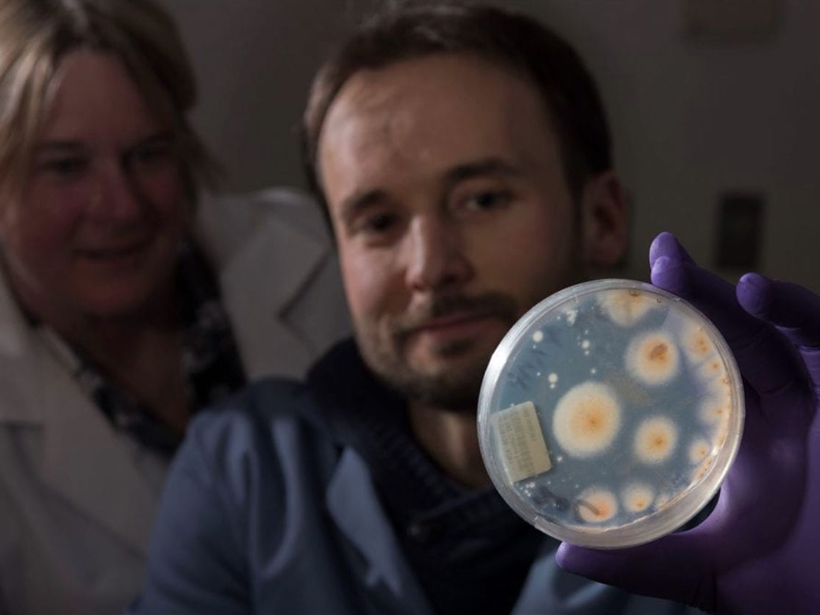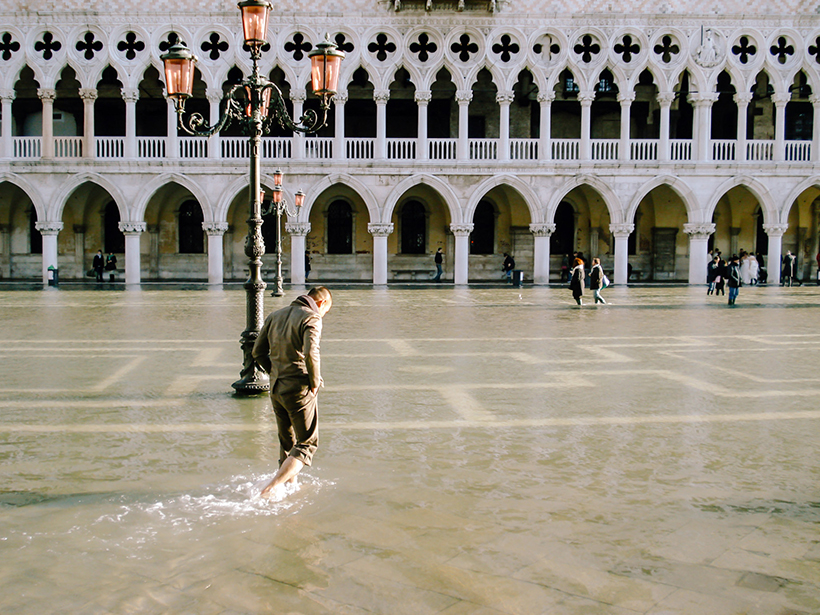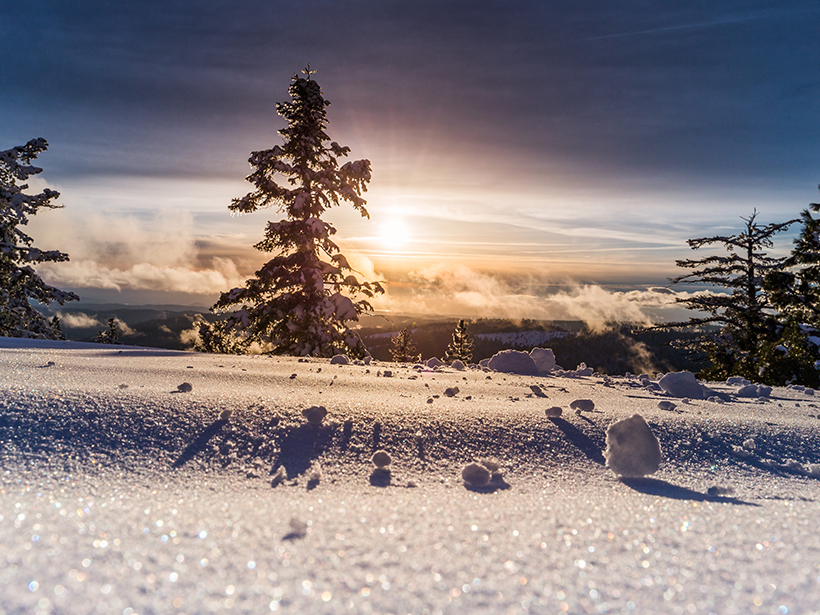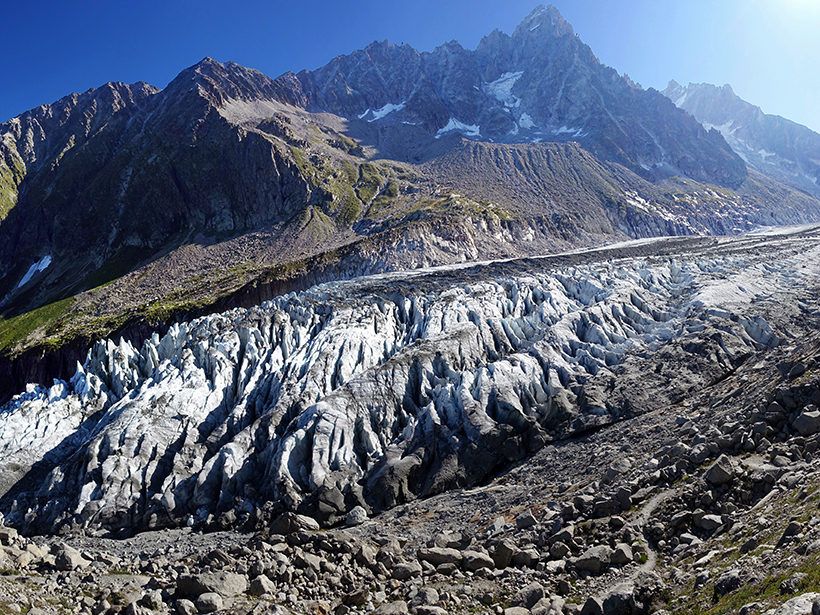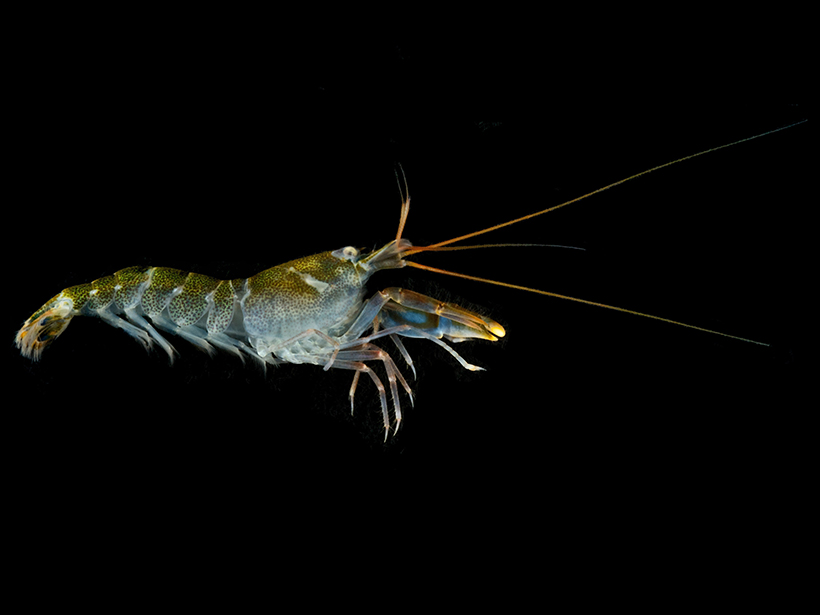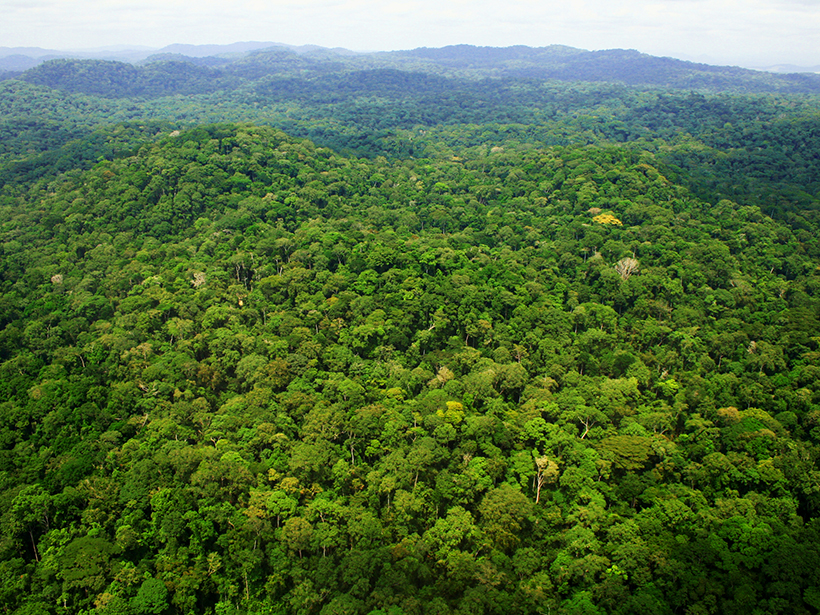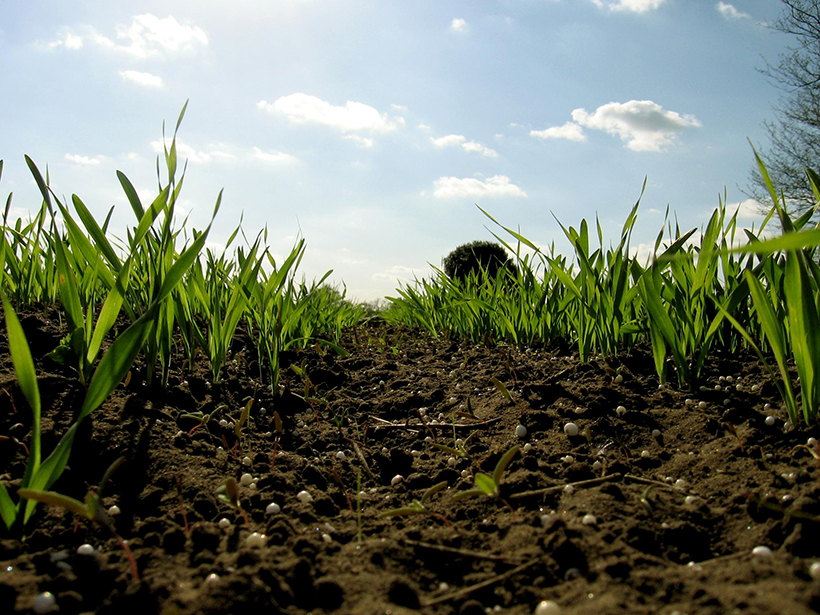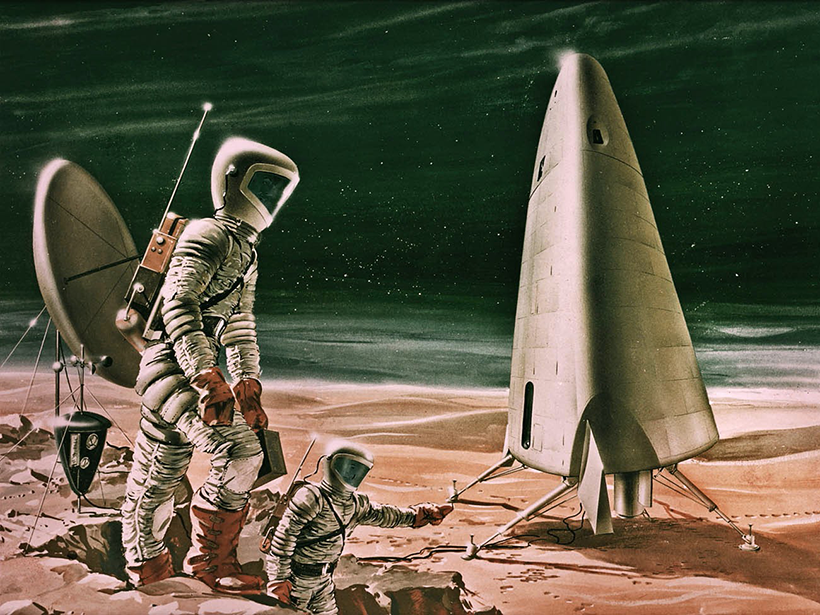Investigadores han encontrado nuevas conexiones entre las condiciones climáticas del fenómeno “La Niña” y la enfermedad más letal para los niños a nivel mundial.
News
Microbes Discovered Hanging Out in the Ocean’s Crust
“The lower ocean crust is one of the last frontiers of the exploration for life on Earth.”
UN Report: 2019 Was Likely the Second-Warmest Year in Recorded History
In response to the World Meteorological Organization analysis, United Nations head António Guterres called 2020 a pivotal year to address climate change.
Researchers Quantify a Seeded Snowpack
In Idaho, three hour-long cloud-seeding events created the snow equivalent of about 282 Olympic-sized swimming pools’ worth of water.
Precipitation Plays a Key Role in Glacial Erosion
After comparing the climatic conditions at dozens of glaciers worldwide, researchers find that precipitation, not temperature, is the leading environmental factor driving glacial erosion.
Snapping Shrimp Pump Up the Volume in Warmer Water
As the ocean warms because of climate change, the louder din could mask other marine animals’ calls used to navigate, forage, and find mates.
Earth Rocks and Moon Rocks Are More Different Than We Thought
New analyses of oxygen isotopes reveal terrestrial and lunar rocks aren’t as similar as previously thought, potentially changing the way we think the Moon formed.
Tropical Forests Are Losing Their Ability to Soak Up Carbon
The forests could switch from a carbon sink to a carbon source by the mid-2030s.
Human Composting Is a Greener Way to Go
Our environmental impact doesn’t go away when we die, but there’s a way to make that impact a positive one.
This Week: Mars, Our Mini Moon, and Marina
What Earth and space science stories are we recommending this week?


